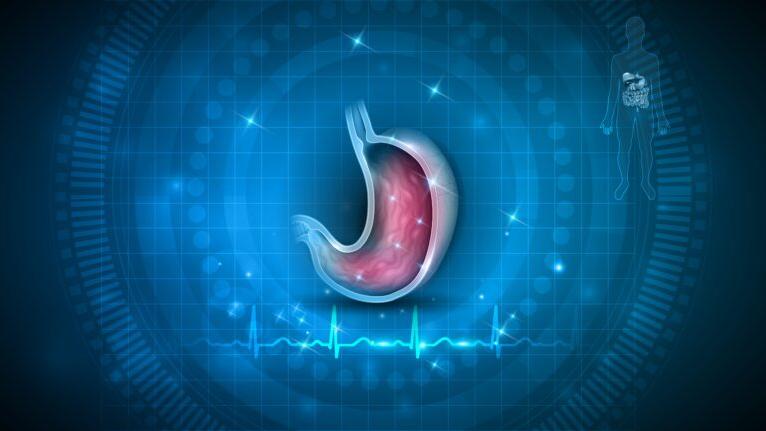All You Need To Know about Peptic Ulcer

Peptic Ulcer: Overview
A peptic ulcer, also known as PUD or peptic ulcer disease, is the most common ulcer of an area of the gastrointestinal tract that is generally acidic and extremely painful. A peptic ulcer in the stomach is called a gastric ulcer. An ulcer in the duodenum is called a duodenal ulcer.
Symptoms of Peptic Ulcer
Small ulcers generally do not cause any symptoms. Some ulcers can cause severe bleeding.
- Abdominal pain
- Feeling of fullness
- Mild nausea
- Pain or discomfort in the upper abdomen
- Bloody or dark tarry stools
- Chest pain
- Fatigue
- Weight loss
Causes of Peptic Ulcer
Common causes include:
- Too much consumption of alcohol
- Tobacco chewing
- Cigarette smoking
- Having radiation treatments
Risk related to peptic ulcer
You may be at risk of getting a peptic ulcer if you:
Smoke - Smoking may increase the risk of peptic ulcers in people who are infected with H. pylori.
Drink alcohol - Alcohol can irritate and erode the mucous lining of your stomach, and it increases the amount of stomach acid that’s produced.
Stress - Stress puts you at risk of getting a peptic ulcer
Eating spicy foods - Medications that protect the lining of your stomach and small intestine.
How to prevent peptic ulcer
To reduce your risk of developing a peptic ulcer:
- Avoid tobacco products
- Avoid alcohol
- Use caution with aspirin and/or NSAIDs
- Don’t ignore your ulcer symptoms
- Protect yourself from infections by washing hands regularly and consuming foods that have been cooked thoroughly
Make an Enquiry
Gleneagles Hospital located at Parel, Mumbai is the best hospital in western India. Gleneagles Hospital offers advanced Endoscopic procedures and lab tests to detect a peptic ulcer. If you have any questions or would like to speak with a member of our team, then please get in touch for emergency 022 6767 0202 & For Appointment 022 6767 0101. If you are contacting us as a patient or potential patient please complete the form below or call us.











